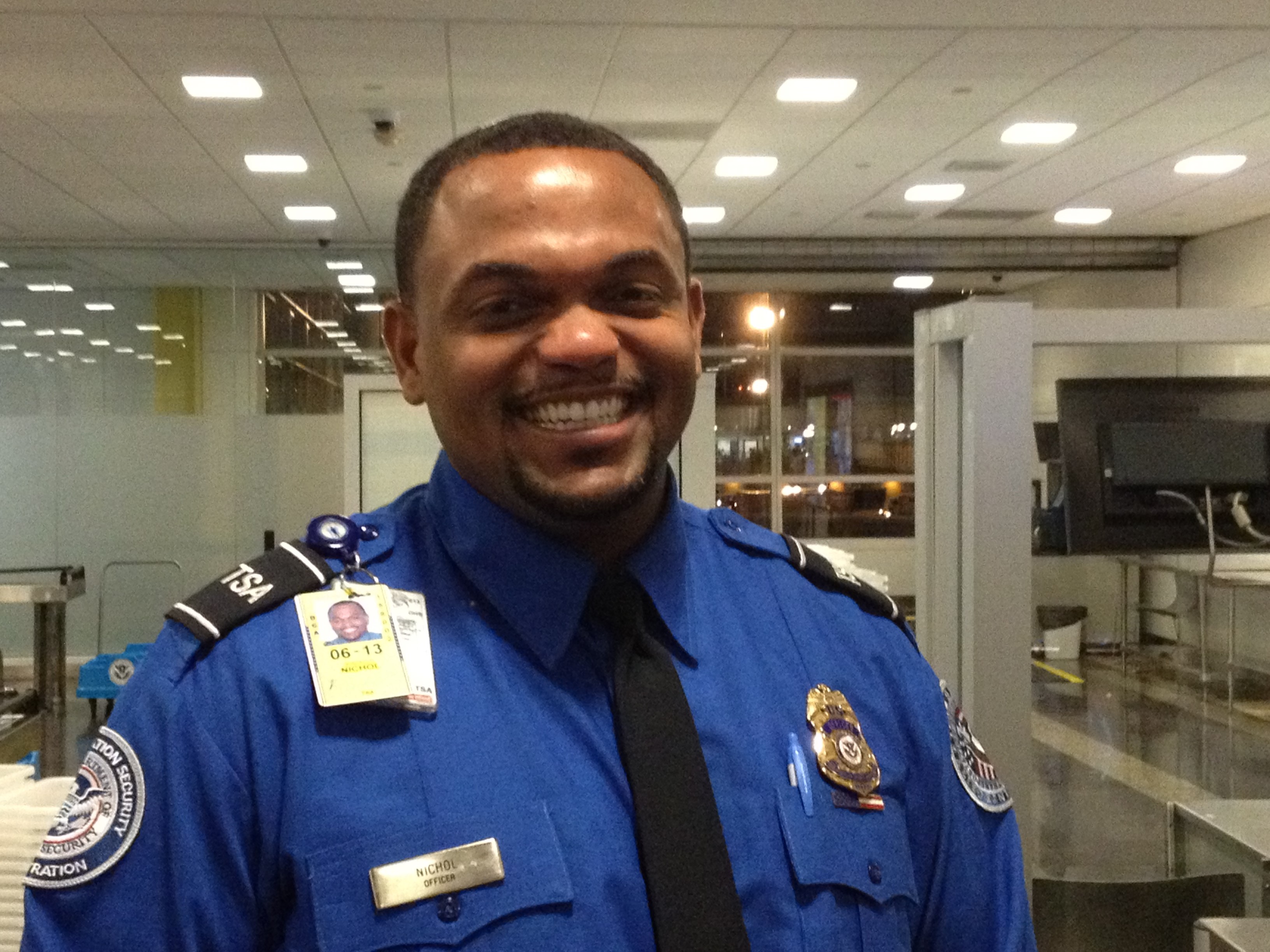
WASHINGTON - The three airports in the Washington and Baltimore region will contribute heavily to the 10 million more passengers expected to be screened at Transportation Security Administration (TSA) checkpoints this summer compared to summer 2018.
TSA expects to break some daily and weekly records for the number of passengers and crew screened at airport checkpoints nationwide from Memorial Day weekend through Labor Day weekend – Thursday, May 23, through Tuesday, September 3, 2019.
During the same period last year, TSA screened more than 250 million passengers and crew, which included nine of the top 10 busiest weeks in the agency’s history during the summer season. The three local airports contributed to that 2018 total, with Baltimore-Washington International Thurgood Marshall Airport, Ronald Reagan Washington National Airport and Washington Dulles International Airport coming in at numbers 22, 23 and 24 respectively out of 427 airports nationwide in terms of the number of passengers and crew members screened last summer.
Passengers and crew members screened in 2018 from Thursday before Memorial Day to Tuesday after Labor Day
Airport | Number of passengers/crew screened at TSA checkpoints during summer 2018 | Ranking out of 427 airports nationwide |
Baltimore-Washington International Thurgood Marshall Airport | 3,465,496 | #22 |
Ronald Reagan Washington National Airport | 3,463,562 | #23 |
Washington Dulles International Airport | 3,306,987 | #24 |
All 427 airports nationwide | 250,918,233 | N/A |
The best way to ensure an efficient trip through security is to arrive prepared because there will be more travelers than usual traversing through airports across the country. Travelers should plan to get to the airport two hours prior to a domestic flight and three hours prior to an international flight to ensure that they have ample time to account for traffic, parking and navigating through the airport. It is advisable to check-in for a flight ahead of time, either on the air carrier’s website or mobile app, to allow even more time to get through security and relax at the gate.
Travelers are urged to come ready to go through the screening process and to listen to the guidance that the TSA officers are providing at the checkpoint. TSA officers will be very focused on the security of travelers and in doing so, they will offer helpful guidance to passengers as they proceed through the screening process.
Some additional security-focused travel tips to keep in mind:
- Apply for TSA Pre✓® or other trusted travel programs like Global Entry, NEXUS, or SENTRI. To find the trusted traveler program that best suits your travel needs, use the DHS trusted traveler comparison tool. These programs help improve security and provide a more convenient travel experience by affording travelers access to TSA Pre✓® expedited screening lanes. Travelers using the TSA Pre✓® lane do not need to remove shoes, laptops, liquids, belts and light jackets if flying on more than 60 participating airlines departing 200 U.S. airports. To learn more about TSA Pre✓®, visit the TSA Pre✓® page or the TSA Pre✓® Frequently Asked Questions page. For more information on the Department of Homeland Security’s four Trusted Traveler programs – including Global Entry and NEXUS – all of which provide TSA Pre✓® eligibility, visit DHS.gov.
- Issues receiving TSA Pre✓® on your boarding pass? Unsure if an item is allowed through security? Get live assistance by tweeting your questions and comments to @AskTSA or on Facebook Messenger on weekdays from 8 a.m. to 10 p.m. and on weekends/holidays from 9 a.m. to 7 p.m. You can also call the TSA Contact Center at 866-289-9673 from 8 a.m. to 11 p.m. weekdays and 9 a.m. to 8 p.m. weekends/holidays; an automated service is available 24 hours a day, seven days a week.
- Travelers or families of passengers with disabilities and/or medical conditions may call the TSA Cares helpline toll free at 855-787-2227 at least 72 hours prior to flying with any questions about screening policies, procedures and to find out what to expect at the security checkpoint as well as arrange for assistance at the checkpoint.
- Travelers who typically use their driver’s license as ID at a checkpoint should take the time this summer to upgrade to a REAL ID license at their local department of motor vehicles because starting October 1, 2020, only a REAL ID compliant license or other valid IDs will be accepted at TSA checkpoints.
As a reminder, public awareness is key for supporting TSA’s security efforts. Travelers are encouraged to report suspicious activities, and remember, If You See Something, Say Something™.
